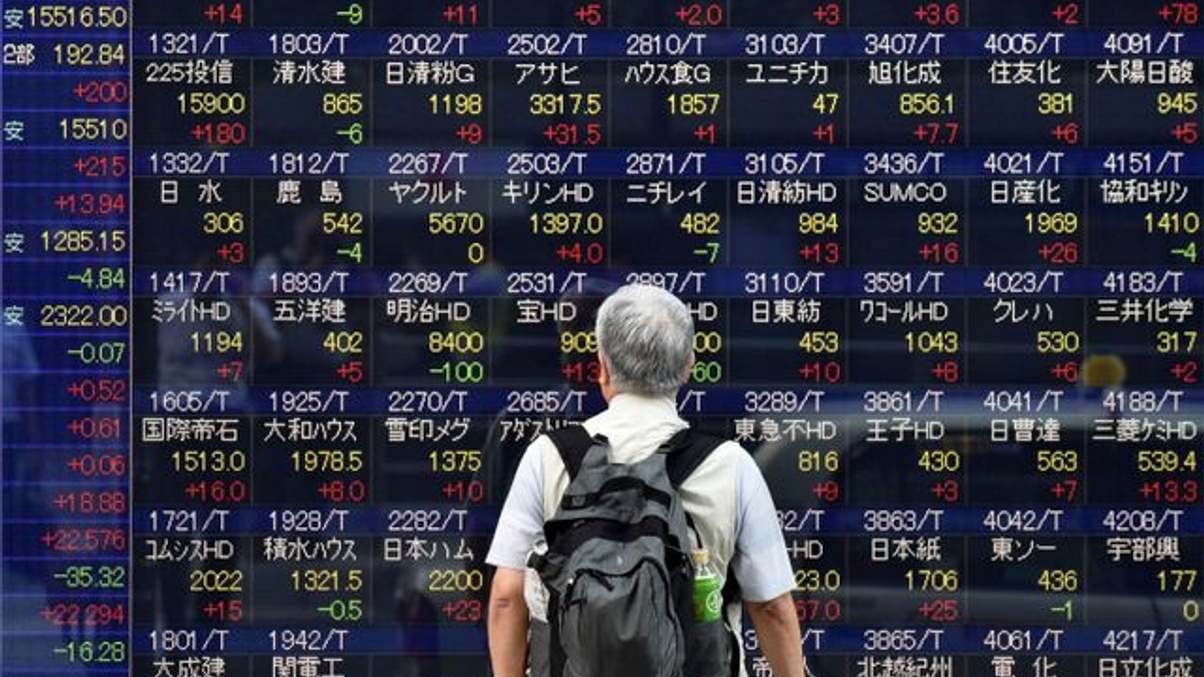Japan’s PFA CIO slams cross-shareholdings
The pension fund’s CIO, Daisuke Hamaguchi, says the Japanese stock market has ceased to function properly. His proposed solution: a tax incentive for selling cross-shareholdings.

Japanese pension fund managers have a reputation for bowing down to the country’s powerful business lobby. Not so Daisuke Hamaguchi, who has launched a scathing attack on a key aspect of the country's corporate culture: cross-shareholdings.
Sign in to read on!
Registered users get 2 free articles in 30 days.
Subscribers have full unlimited access to AsianInvestor
Not signed up? New users get 2 free articles per month, plus a 7-day unlimited free trial.
¬ Haymarket Media Limited. All rights reserved.


